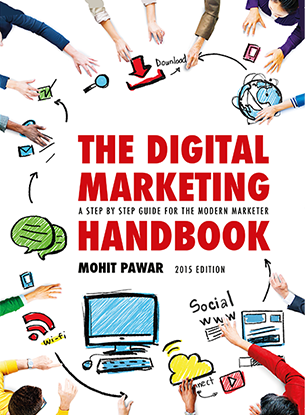Yesterday I was chatting with someone in the UK who is looking to build a mastermind, courses and a speaking career around his expertise in finance.
It was a sales conversation and the premise was clear from the beginning. But it didn’t feel like a sales conversation. Instead, we had a long chat to understand his goals and to discuss approaches we can take to realize those goals.
When I look back at some of my most fulfilling collaborations with my clients they did not start with a sales conversation. They were discussions around understanding their business and then arriving at solutions.
Anyone looking to grow their business can use this approach. Keep your eyes and ears open reach out and strike a conversation. This works great for selling to small and medium-sized businesses. But can work for enterprise sales also.
For enterprise sales, you work with a buying committee, with 5 to 10 or more people involved across departments. You can use the same approach to get buy-in on a 1-on-1 basis from across the buying committee.
In the case of small businesses, the MAN (person with Money, Authority and Need) takes the decision. This is mostly the owner or a business head.
To use this approach lead with a couple of lines that confirm that you’ve understood what the buyer is looking for and quickly show that you can deliver on the promises you are making. By doing this you’ll get the buyer’s attention.
We can be even more successful during sales conversations if we know how people process information and what is going on with them when they are listening or reading stuff. This goes back to our primitive days when all that we did was for survival. So, we tend to tune out of any conversation or communication that our brain thinks will not help us survive or thrive.
That is why it so important to get to the point quickly.
In addition to our messaging how we say things is also important. When we use a story to say what we want to say then we reduce the cognitive load for the customer because we have used stories for thousands of years to communicate. With stories, we reduce the chance of confusion and effort to understand for the customer. This works for sharing an elevator pitch, but also if you are selling through words on a website, or through a speech on stage.
As soon as you have buyer’s attention get out of your own way. Start asking questions to uncover the pain, acknowledge it when the buyer shares it and then throw ideas to alleviate it.
Never be in a rush to close the sale. Spend time learning about the market you are selling in and about the buyer. See every buyer interaction as an opportunity to become a better communicator.
Aim to be the preeminent solution in the market through knowledge, quality of the product, delivery and more than anything else, empathy for a customer’s problem. Then listen. This way your anxiety to sell will reduce, and your conversions will increase.
Do you think you can use this approach?



Pingback: Sales Tips - Mohit Pawar.com